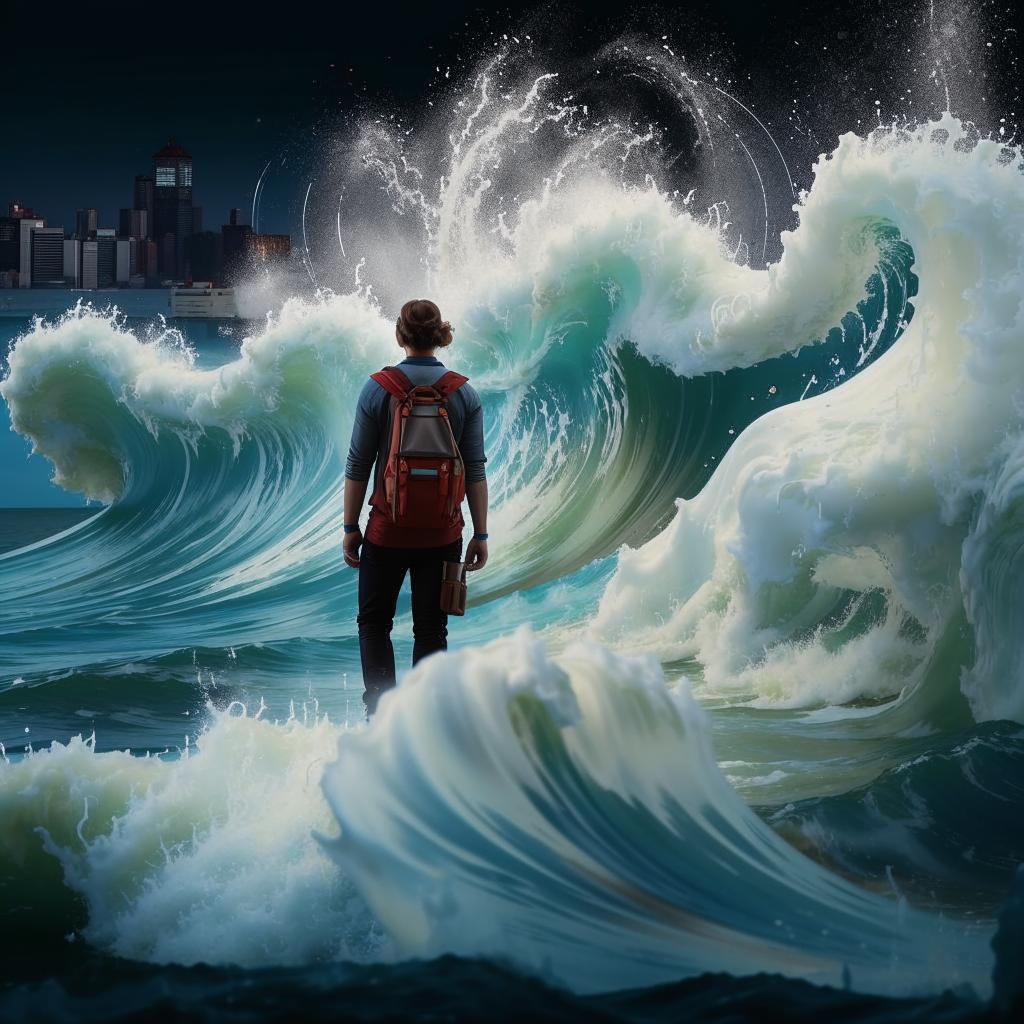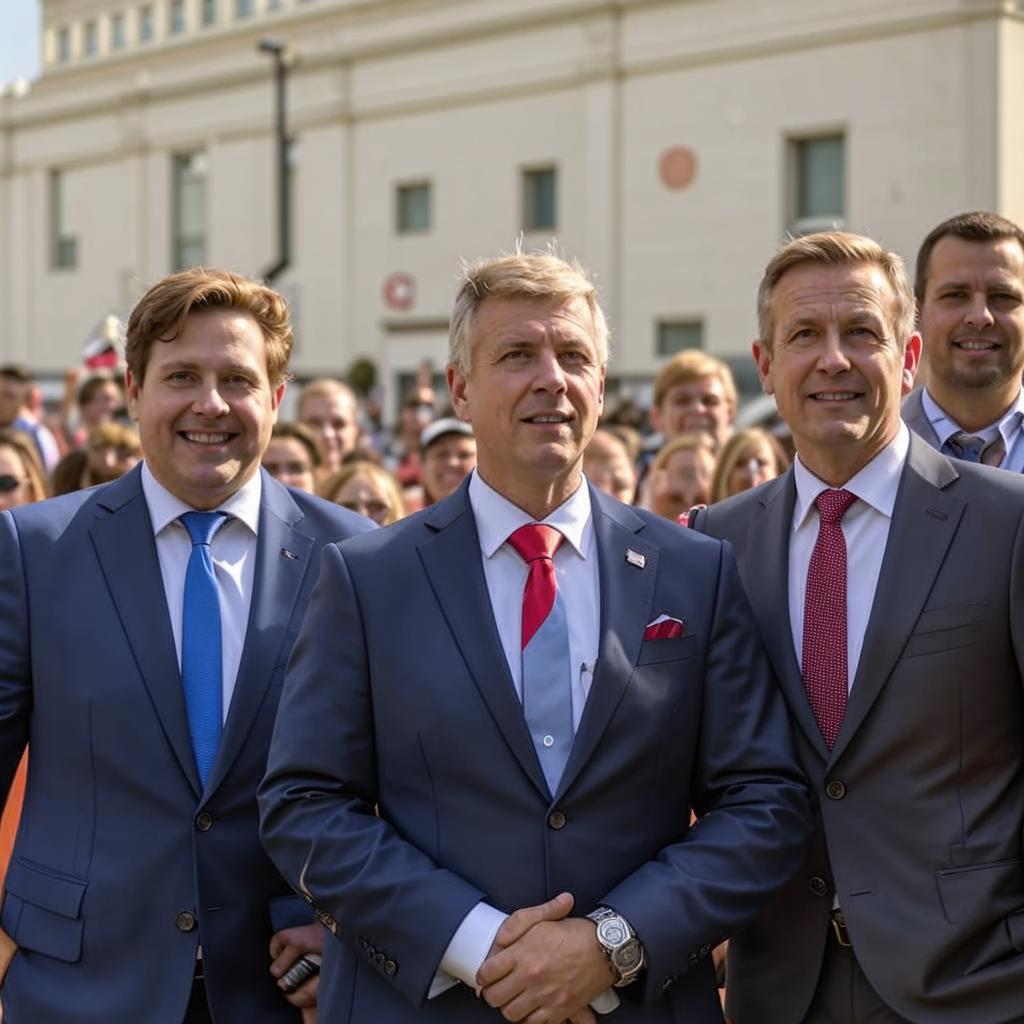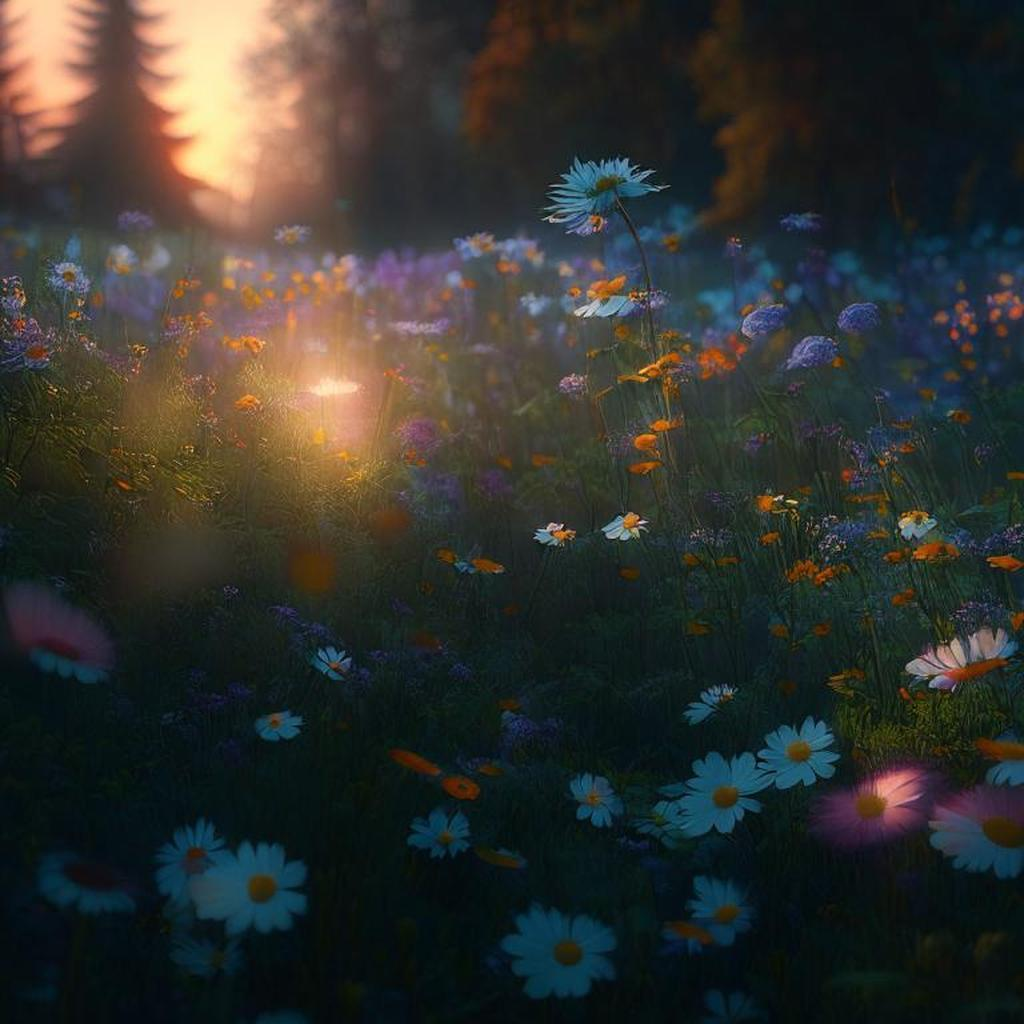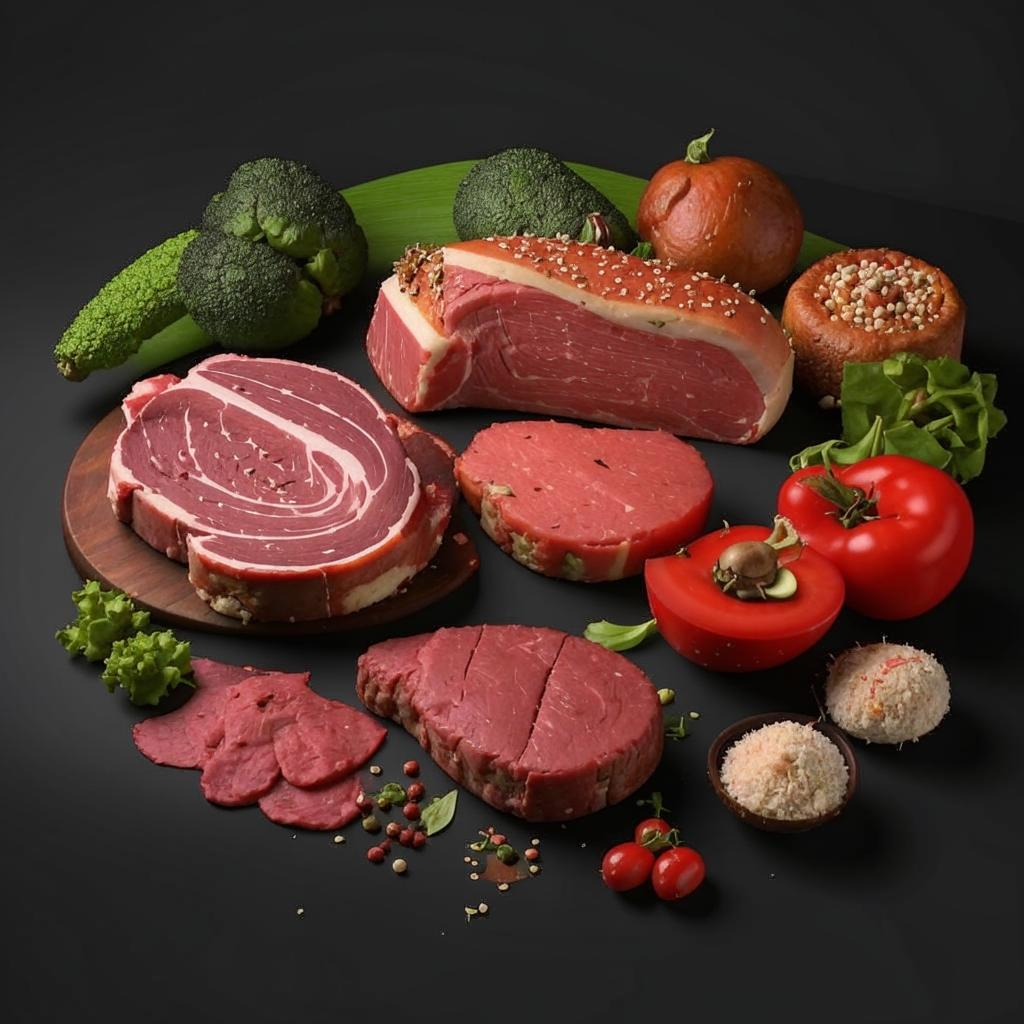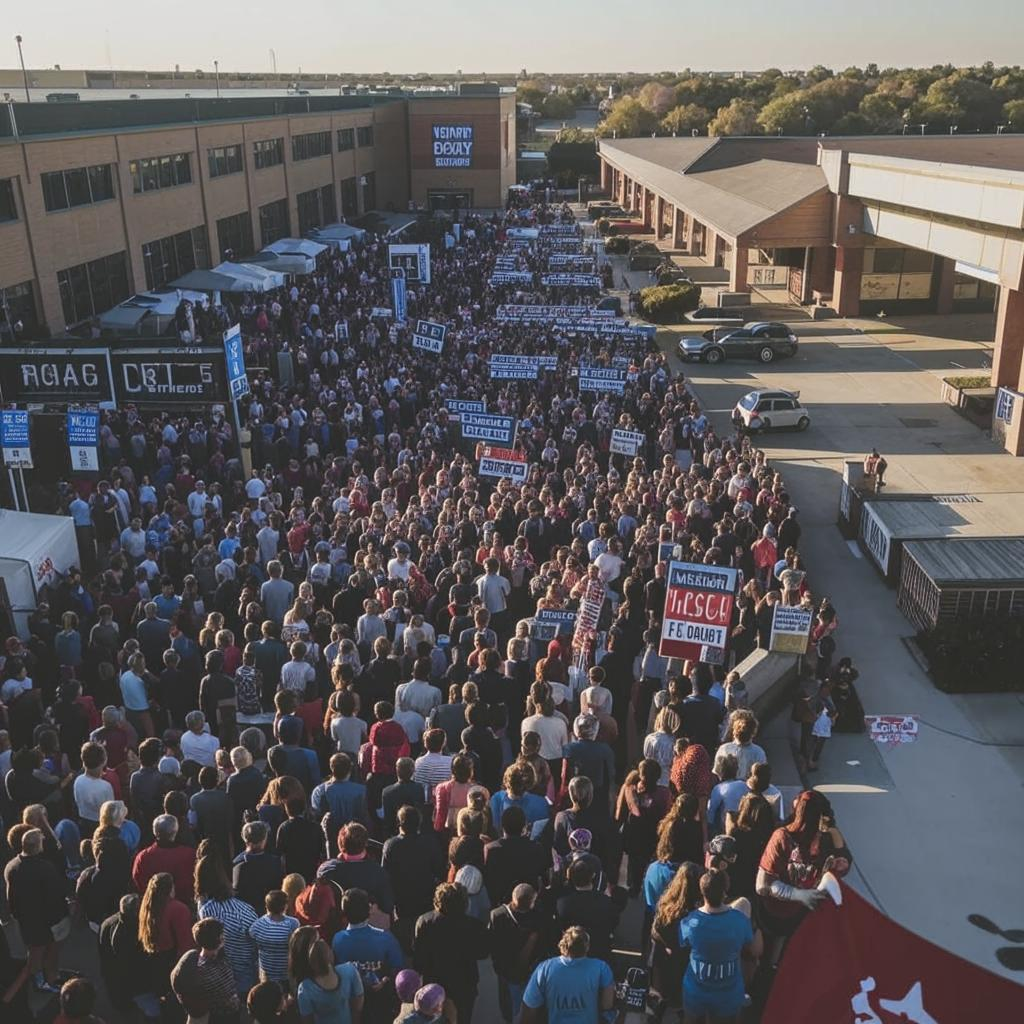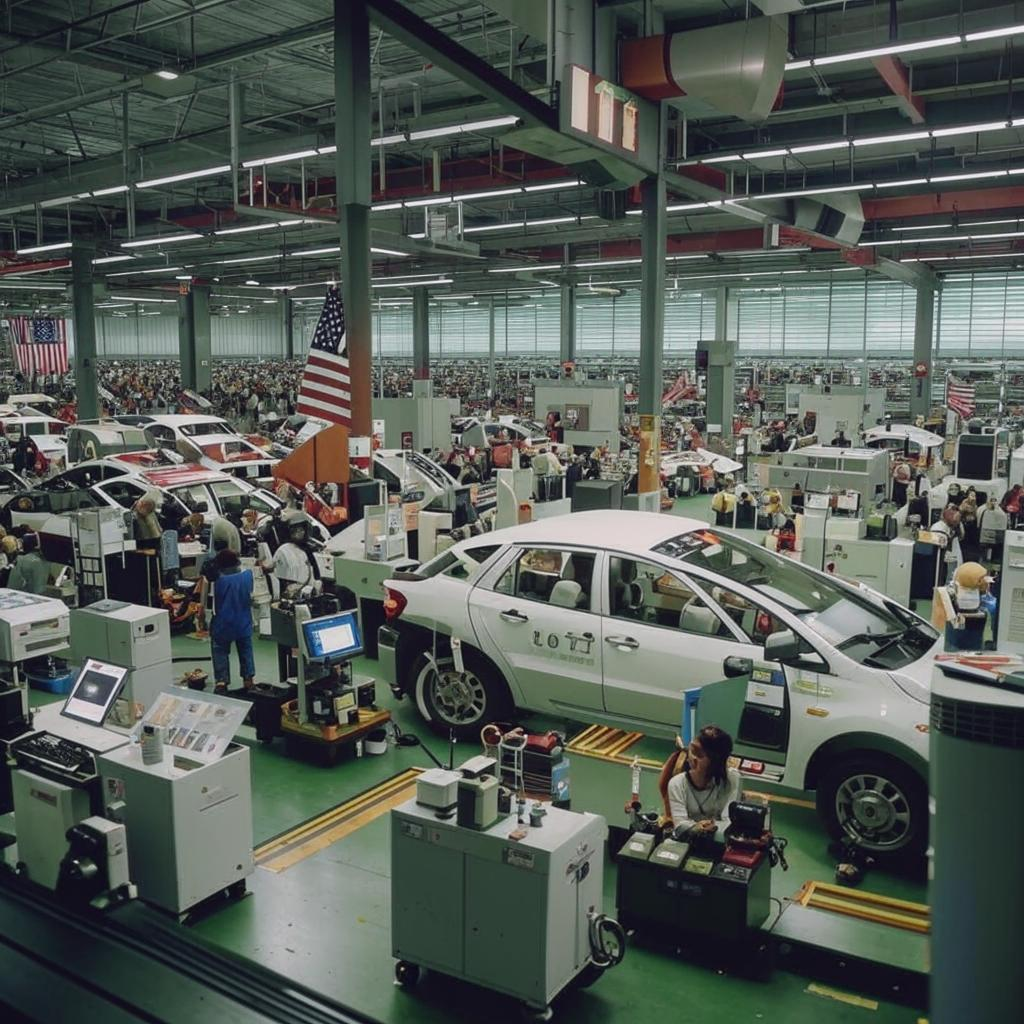The internet is facing a deluge of AI-generated content, raising concerns about quality and authenticity. Experts warn that the flood of low-quality, AI-created text, images, and music is overwhelming the digital landscape, potentially diluting creativity and eroding trust. This surge is fueled by increasingly accessible and user-friendly AI tools, allowing anyone to generate content with minimal effort.
The impact on the art and media industries is significant. Artists and creators are worried about copyright infringement, the devaluation of original work, and the potential displacement of human talent. Some fear that AI-generated content will lead to a homogenization of styles and a decline in artistic innovation. Others express fears about how the prevalence of deep fakes and AI-generated information will further fuel misinformation.
Conversely, AI is also being touted as a tool for creativity, aiding artists in their workflows and opening new avenues for expression. However, the ethical considerations surrounding AI-generated content remain complex. Debates rage on about ownership, transparency, and the need for regulations to protect human creators and maintain the integrity of information. This surge in AI generated content also demands digital literacy and critical thinking, for consumers to be able to differentiate and assess the sources of information.
As AI technology continues to advance, finding a balance between its potential benefits and the risks it poses to the creative ecosystem is crucial. The future of art, media, and the internet itself may depend on it. Finishtit
